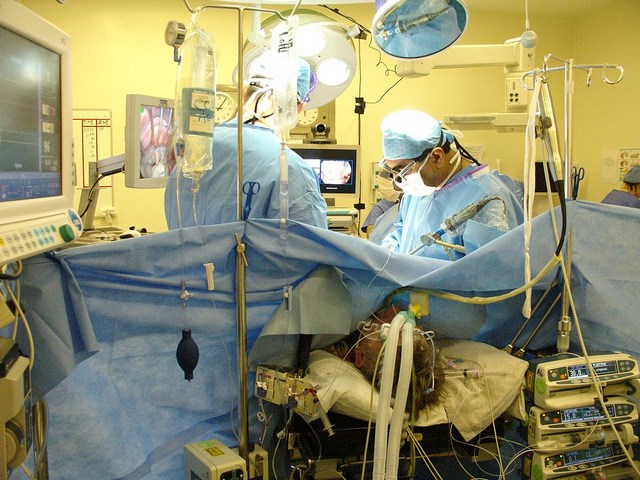Our province needs to inject a whole lot more into British Columbia’s health care system.
Here in Squamish we don’t yet have to wait long at our emergency room and we can all access a family doctor, but we are lucky.
Emergency room wait times in B.C. are some of the highest in the country, lasting an average of two more hours than other provinces, according to a recent report.
Since the 90s, I’ve been hearing about increasing wait times at ERs and to be admitted to hospital.
And we should be concerned in Squamish, because as our population increases, we are likely to face the same pressures.
In response to concerns about the strain on our health care system, the NDP government said the ER is flooded with patients who can’t receive care at walk-in clinics and doctors offices because those too are overloaded.
They’ve promised a “broad range of improvements” to the health care system but there’s no fixed timeline.
How long will these plans take to help the sick waiting in purgatory?
A recent Fraser Institute report shows that B.C. has the highest rate of seniors migrating to the province and estimated that adds $7.2 billion to health care costs over the next few decades.
This is not to say seniors are an unnecessary drain on resources. We should care for our elders.
The former Liberal government promised $500 million over four years to help with senior care but so far that funding has not rolled out under our new regime.
The same report said B.C. residents wait on average over 26 weeks to receive certain medical treatment.
I spoke with a local senior in public care who was tired of being on a waitlist for over a year so she went to emergency one night. She was quickly moved to a home and now the struggle is not wait time but access to basic necessities like an oxygen tank.
Those who desperately need care slip through the cracks. Unless, of course, they can cough up the dough for private care.
Staff on the frontlines are struggling too. Doctors, nurses and care aides are distressed with high levels of reported cases of burnout.
I once interviewed a neurologist who left his profession. In the last 10 years, he said the number of patients tripled while provincial funding remained the same. It became incredibly difficult to deliver quality care. He is now a yoga teacher in Victoria.
“But we live in Canada,” say the healthy who have not been exposed to the system yet. If the rest of the world sees the benefits of our health care, then the system should serve those in need and those providing care.
It is time for the government to make this a priority.



